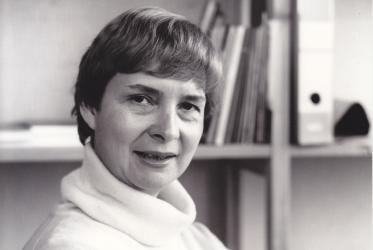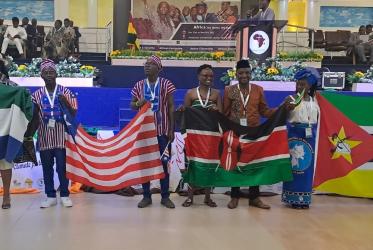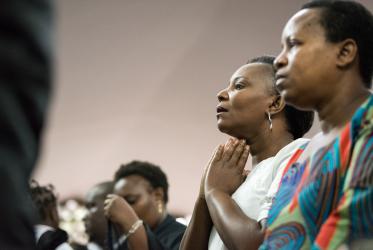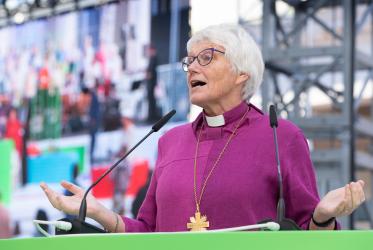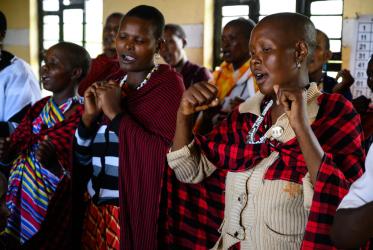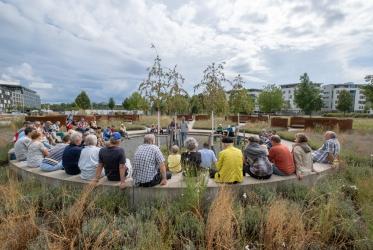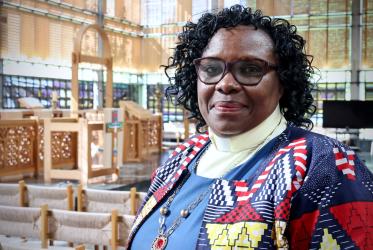Displaying 121 - 140 of 1032
Towards a Global Vision of the Church Volume I
Explorations on Global Christianity and Ecclesiology, Faith and Order Paper 234
14 November 2022
Theological education in Africa promotes social transformation
03 November 2022
Major African youth congress opens in Ghana
02 November 2022
Workshop explores how interreligious dialogue brings trust and respect
15 September 2022
Reflections from GETI underscore friendship coupled with knowledge
13 September 2022
A Hundred Years of Mission Cooperation
The Impact of the International Missionary Council 1921-2021
21 August 2022
